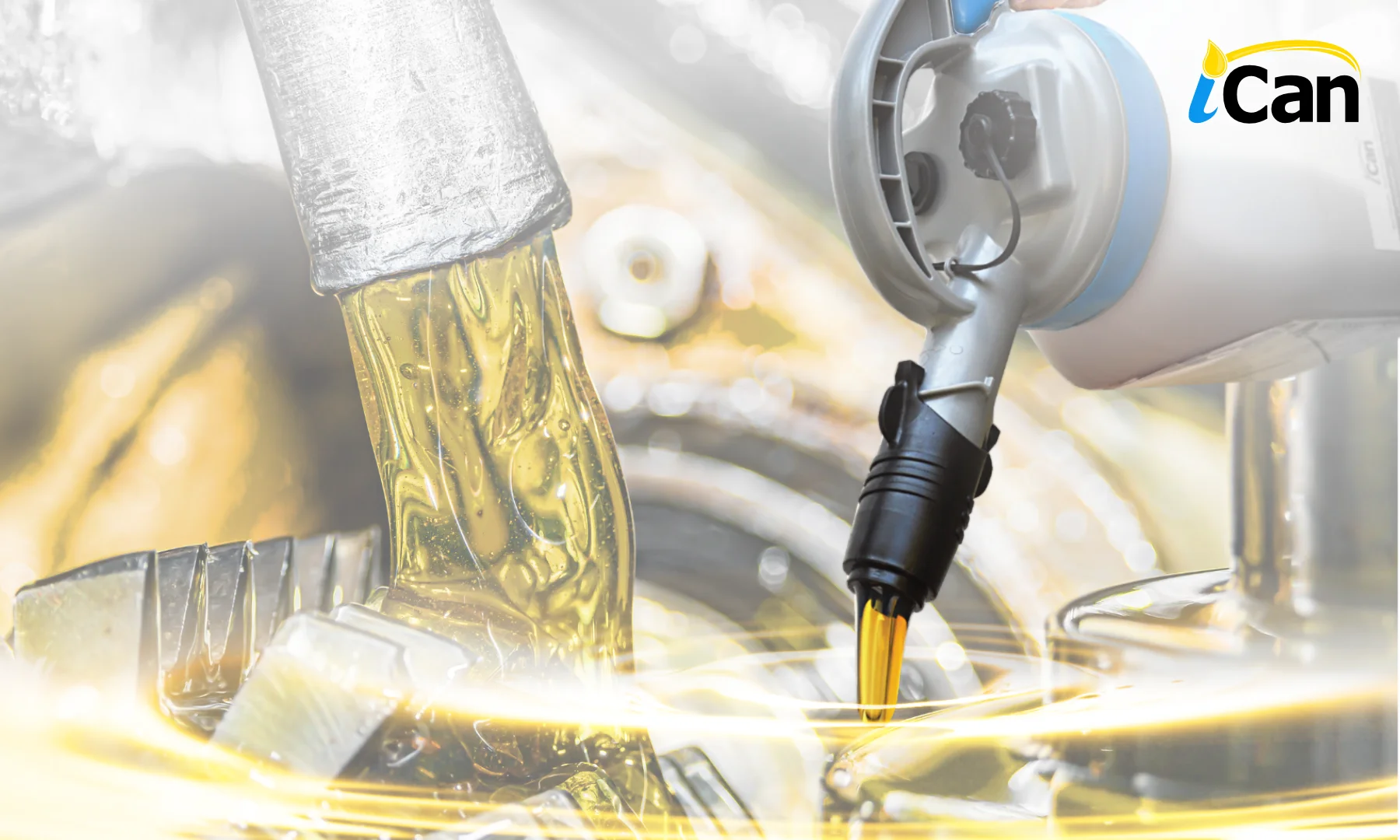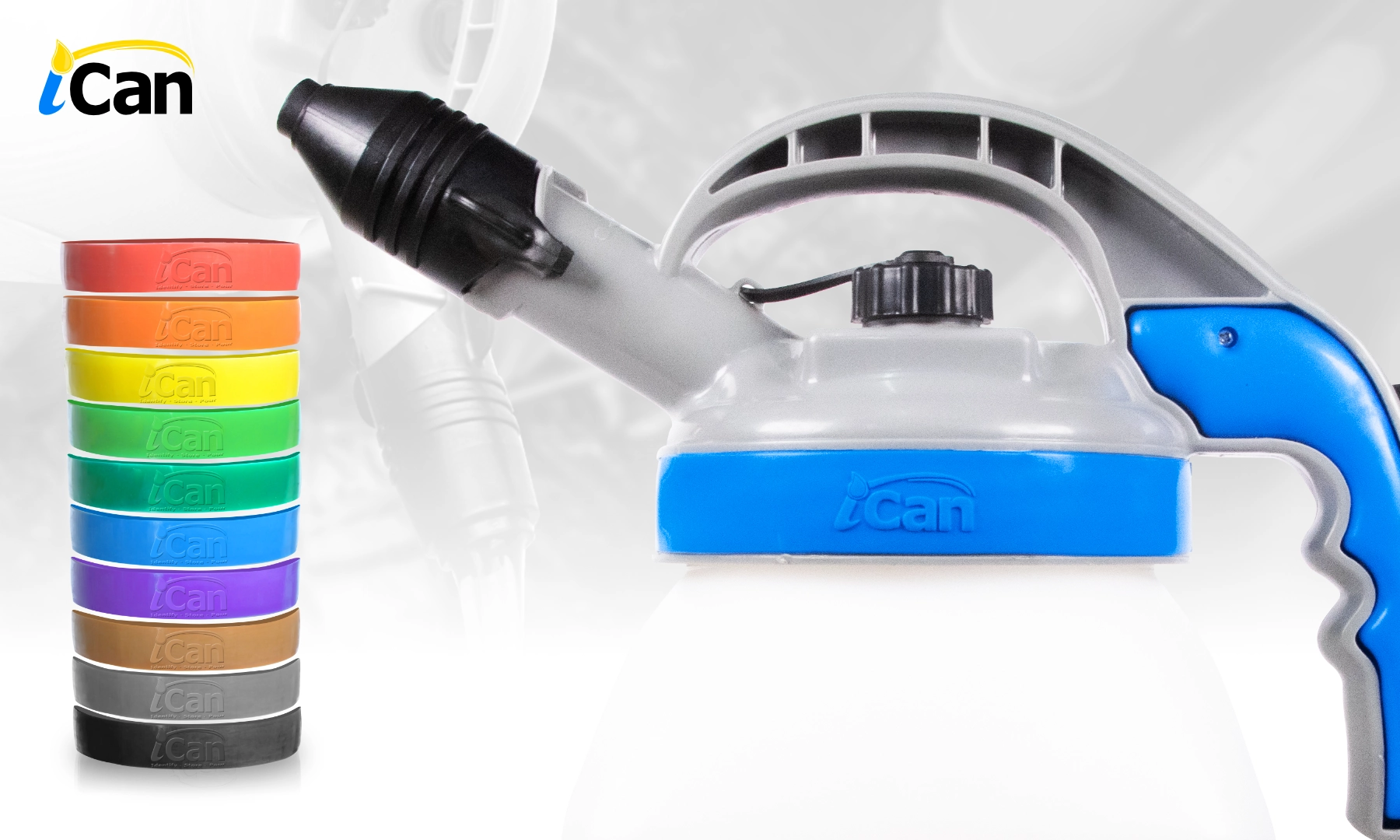Lubricating oil is a specialized fluid used to reduce friction between two contacting surfaces. With its ability to dissipate heat and reduce wear, lubricating oil not only protects machines but also ensures the optimal performance of various devices we use daily.
From motor vehicles to household appliances, lubricating oil plays a vital role in maintaining performance and extending the lifespan of equipment. When used properly, it can save on maintenance costs, prevent damage, and even enhance operational safety.
Understanding Lubricating Oil
Definition of Lubricating Oil
Lubricating oil is a liquid applied to machine surfaces and mechanisms to reduce friction. In engineering, it is recognized as a vital element in ensuring smooth machine operations.
Components and Properties of Lubricating Oil
Lubricating oil consists of a base oil (mineral, synthetic, or blends) and special additives that enhance its performance. These additives act as antioxidants, viscosity improvers, and wear protectors. Key properties include heat resistance, stable viscosity, and oxidation resistance.
The Use of Lubricating Oil in Vehicles
Function in Engines
Within vehicle engines, lubricating oil lubricates moving parts to reduce friction and prevent excessive wear, allowing the engine to operate efficiently and last longer. Without it, engines would quickly overheat and suffer serious damage.
Benefits for Vehicle Performance
Using the right lubricating oil not only preserves engine condition but also improves overall vehicle performance. Reduced friction allows engine energy to be used more effectively for enhanced speed and responsiveness. Regular maintenance with quality oil can also lower long-term repair costs.
The Use of Lubricating Oil in Industry
Application in Industrial Machinery
In industrial settings, lubricating oil is used in heavy machinery such as generators, compressors, and other production equipment. Continuously operating machines require optimal lubrication to prevent damage and maintain smooth production processes.
Enhancing Efficiency and Maintenance
Lubricating oil minimizes friction between machine components, increasing operational efficiency. With routine maintenance and the correct oil, machinery lifespan can be extended and downtime due to damage reduced, directly boosting productivity and profitability.
The Use of Lubricating Oil in Household Appliances
Application in Household Devices
Many household appliances, such as fans, blenders, and washing machines, use lubricating oil for their moving parts. This helps maintain performance and reduce wear on their mechanical components.
Maintenance Tips
To keep appliances running optimally, replace the lubricating oil regularly according to the manufacturer’s instructions regarding type and frequency. Routine maintenance not only extends the lifespan of appliances but also improves their efficiency.
The Use of Lubricating Oil in Sports and Recreation Equipment
Benefits for Sports Equipment
Lubricating oil is important not only in the industrial and automotive sectors but also in sports equipment. For example, bicycles, treadmills, and other fitness devices require lubrication to ensure smooth and efficient movement.
Safety and Optimal Performance
Proper lubrication minimizes the risk of damage, increasing user safety and allowing equipment to perform at its best. It helps maintain responsiveness and stability, ensuring that sports activities are comfortable and safe.
The Use of Lubricating Oil in the Agricultural Sector
Application in Agricultural Machinery
In agriculture, machines such as tractors, mowers, and other harvesting equipment use lubricating oil to ensure smooth operation. Correct lubrication enables these machines to work efficiently even under heavy-duty conditions.
Enhancing Production Efficiency
The efficiency of agricultural production greatly depends on machine condition. By keeping machinery in prime condition through proper lubrication, farmers can increase yields and reduce the risk of costly damage, ultimately boosting productivity and income.
Tips for Choosing the Right Lubricating Oil
Quality and Specification Considerations
Choosing the right lubricating oil depends on the type of machine and its operating conditions. It is crucial to follow the technical specifications recommended by the manufacturer. The quality of the oil also affects machine performance and longevity, so opting for trusted brands is advisable.
Guidelines for Selection Based on Needs
Before purchasing, assess the specific requirements of your machine or equipment. For example, heavy-load machines require high-viscosity oil, while household appliances might need a lighter variant. Consulting with technicians or reviewing product feedback can help you make an informed choice.
How to Maintain and Replace Lubricating Oil
Frequency of Replacement
Regularly replacing lubricating oil is key to maintaining machine performance. Each device typically has a manufacturer-recommended replacement schedule. Adhering to this guideline prevents damage caused by degraded oil.
Procedures and Maintenance Tips
When replacing oil, ensure the machine is turned off and cooled before opening the oil compartment. Remove any residual old oil and use the lubricating oil that meets the required specifications. Regular inspections for leaks or performance drops are also recommended.
Conclusion
In conclusion, the proper use of lubricating oil is essential for maximizing the efficiency and lifespan of engines, industrial machinery, household appliances, sports equipment, and agricultural tools. Adhering to maintenance guidelines and selecting the appropriate oil based on specific needs not only prevents damage but also enhances safety and cost-effectiveness across various sectors.




